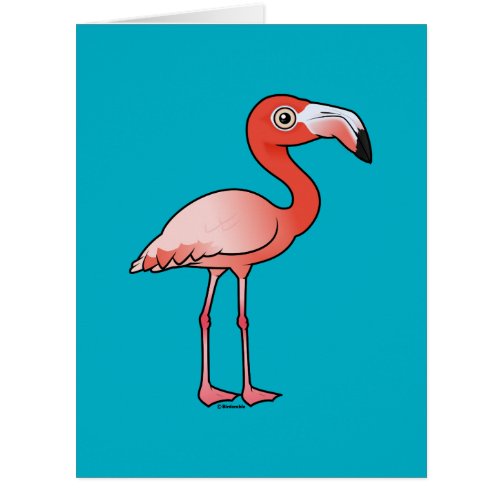

In the port city of Rosetta he saw the locals eating watermelons “ravenously … as if afraid the passer-by was going to snatch them away,” and watermelon rinds littered the streets. The watermelon, noted a British officer stationed in Egypt in 1801, was “a poor Arab’s feast,” a meager substitute for a proper meal. In the early modern European imagination, the typical watermelon-eater was an Italian or Arab peasant. Not that the raw material for the racist watermelon trope didn’t exist before emancipation.

Few Americans in 1900 would’ve guessed the stereotype was less than half a century old. This racist trope then exploded in American popular culture, becoming so pervasive that its historical origin became obscure. Southern whites, threatened by blacks’ newfound freedom, responded by making the fruit a symbol of black people’s perceived uncleanliness, laziness, childishness, and unwanted public presence.
CARTOON FLAMINGO KNOWN FREE
Free black people grew, ate, and sold watermelons, and in doing so made the fruit a symbol of their freedom.
CARTOON FLAMINGO KNOWN FULL
The trope came in full force when slaves won their emancipation during the Civil War. While mainstream-media figures deride these instances of racism, or at least racial insensitivity, another conversation takes place on Twitter feeds and comment boards: What, many ask, does a watermelon have to do with race? What’s so offensive about liking watermelon? Don’t white people like watermelon too? Because these conversations tend to focus on the individual intent of the cartoonist, coach, or emcee, it’s all too easy to exculpate them from blame, because the racial meaning of the watermelon is so ambiguous.īut the stereotype that African Americans are excessively fond of watermelon emerged for a specific historical reason and served a specific political purpose. And most recently, activists protesting the killing of Michael Brown were greeted with an ugly display while marching through Rosebud, Missouri, on their way from Ferguson to Jefferson City: malt liquor, fried chicken, a Confederate flag, and, of course, a watermelon. Lemony Snicket) joked about how his friend Jacqueline Woodson, who had won the young people’s literature award for her memoir Brown Girl Dreaming, was allergic to watermelon. While hosting the National Book Awards, the author Daniel Handler (a.k.a. A high-school football coach in Charleston, South Carolina, was briefly fired for a bizarre post-game celebration ritual in which his team smashed a watermelon while making apelike noises. The Boston Herald got in trouble for publishing a cartoon of the White House fence jumper, having made his way into Barack Obama’s bathroom, recommending watermelon-flavored toothpaste to the president. It seems as if every few weeks there’s another watermelon controversy.


 0 kommentar(er)
0 kommentar(er)
